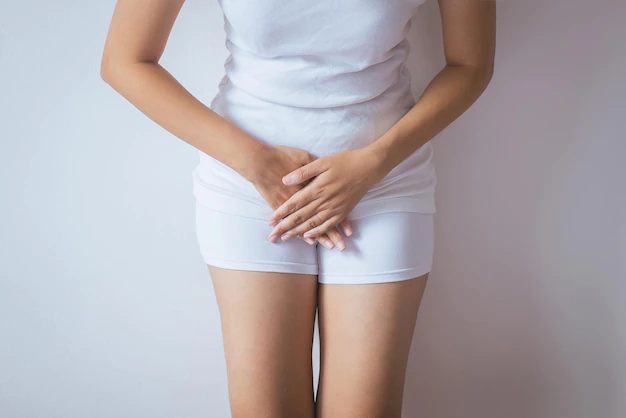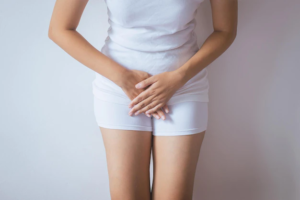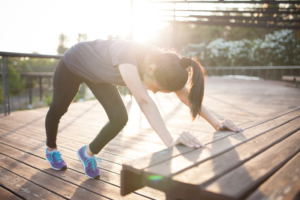

In Singapore, adult incontinence is a common and frequently humiliating disorder. Despite not being life-threatening, it can have a substantial impact on many facets of a person’s life, including job, money, psychological and sexual wellness, as well as social and familial connections.
At least one in ten adults aged 65 or older suffer from urinary incontinence, which is a prevalent problem among elderly people. In addition to being unpleasant, it may lead to anxiety and depression, rashes, and inflammations if addressed.
It can be exceedingly humiliating to endure urine incontinence. However, accepting it and truly comprehending it might end your guilt and allow you to resume getting on with life. This advice can assist your bladder train for future behaviour that is healthier and less symptomatic.
5 types of adult incontinence
- Stress Incontinence. When pressure causes a lack of bladder or rectal control, it is known as stress incontinence. Everything from laughing and sobbing to walking and sneezing might generate this pressure.
- Urge Incontinence. Urge incontinence occurs when the need to use the toilet occurs only when it is really necessary. The sensation is a strong twinge that frequently leads to leaks. The elderly are more likely to have this kind.
- Overflow Incontinence. After urine, overflow incontinence happens when the last bit is unable to move smoothly and dribbles or excretes itself later.
- Functional Incontinence. Incontinence caused by a physical or mental handicap is known as functional incontinence (such as a stroke).
- Stool Incontinence. When someone is unable to regulate or stop themselves from defecating, they are said to have stool incontinence. It frequently causes stool leakage.
1. Maintain a flexible fluid schedule
To reprogram your bladder to know when to load and discharge, try to keep your fluid intake on a timetable. Reduce fluid consumption after 6 o’clock to lessen nighttime urination and incontinence. Aim for a daily hydration intake of 40 to 60 ounces. A daytime fluid intake that is too low can cause the urine to condense and aggravate the bladder lining, whereas a daytime fluid intake that is too high can lead to increased frequency, incontinence, and nocturnal visits.
2. Reduce typical bladder irritants
Your bladder has a harder time processing some liquids than others. These are known as bladder irritants. Alcohol, caffeine, and foods with a lot of citruses can exacerbate symptoms. By eliminating frequent irritants on the majority of days, many individuals can lessen or even completely eliminate symptoms. In addition to raising the risk of prostate cancer, smoking is extremely irritating to the urine wall.
3. Create a toileting routine
During the day, schedule bathroom visits for at least two or three hours. Six to eight urinations a day are considered normal bladder activity, as is clearing your bladder prior to changing activities, departing the house, or retiring for the night. A routine aids in avoiding overfilling your bladder and the subsequent hurry to find a toilet.
4. Exercise your pelvic floor muscles
Urinary incontinence can be reduced by up to 90% by improving your pelvic floor muscle. Kegel exercises are beneficial. Remember to always consult with a healthcare professional before starting any exercise program.

5. Take care of constipation
Tension in the pelvis and bladder will rise if you have irregular or difficult-to-pass faeces. To assist the bladder fill and clearing faster and more efficiently, consume a diet high in fibre, get enough water, and keep up a regular excretion schedule.
6. Maintain a bladder journal
In a bladder diary, note your fluid consumption and bowel movements over the duration of three to seven consecutive days. The moments during the day, amount of fluid consumed, number of bathroom visits, number of urine leaks throughout the day, whether you felt the need to urinate before leaking, and the exercise you were performing at the time are all significant details to record. When you have consultations with your doctor, bring the journal with you.
Urinary retention, or the inability to completely empty the bladder with each trip to the restroom, may be present in some folks. Episodes of overflow leakage may result from this. Although urinary retention is a less frequent cause of incontinence, it can be an indication of a psychiatric condition and, in unexpected or severe cases, lead to bladder damage.
It’s crucial to discuss any unusual or chronic urinary changes you experience with a healthcare practitioner. There are therapies for incontinence that your team of doctors can look at.
Last but not least, maintaining a healthy lifestyle with regular exercise and avoiding weight gain is the greatest method of preventive measure.
Shop for adult incontinence products with Absorba Nateen
To make things simpler for you, shop for adult incontinence necessities with us today. Ranging from adult diapers to underpads and adult wipes, we are the one-stop shop here to address any incontinence concerns.
Adult diapers come in a variety of styles, sizes, and fabrics, so you could be stumped when it comes to finding the right one to meet all of your demands. If you’re looking for adult diapers or adult diaper pants. The SAP (Super Absorbent Polymer) outer layers of the adult diaper pants will keep you dry for up to ten hours and help you maintain perfect cleanliness.
At Absorba Diaper, we are the leading distributor of adult diapers in Singapore with a wide selection of eco-friendly and ultra soft adult pull up diapers catered to your every need. We can help you or your loved ones overcome incontinence together and live your life to the fullest!
If you are searching for the best diapers in Singapore, please contact us for any inquiries regarding our adult diapers or incontinence products.
